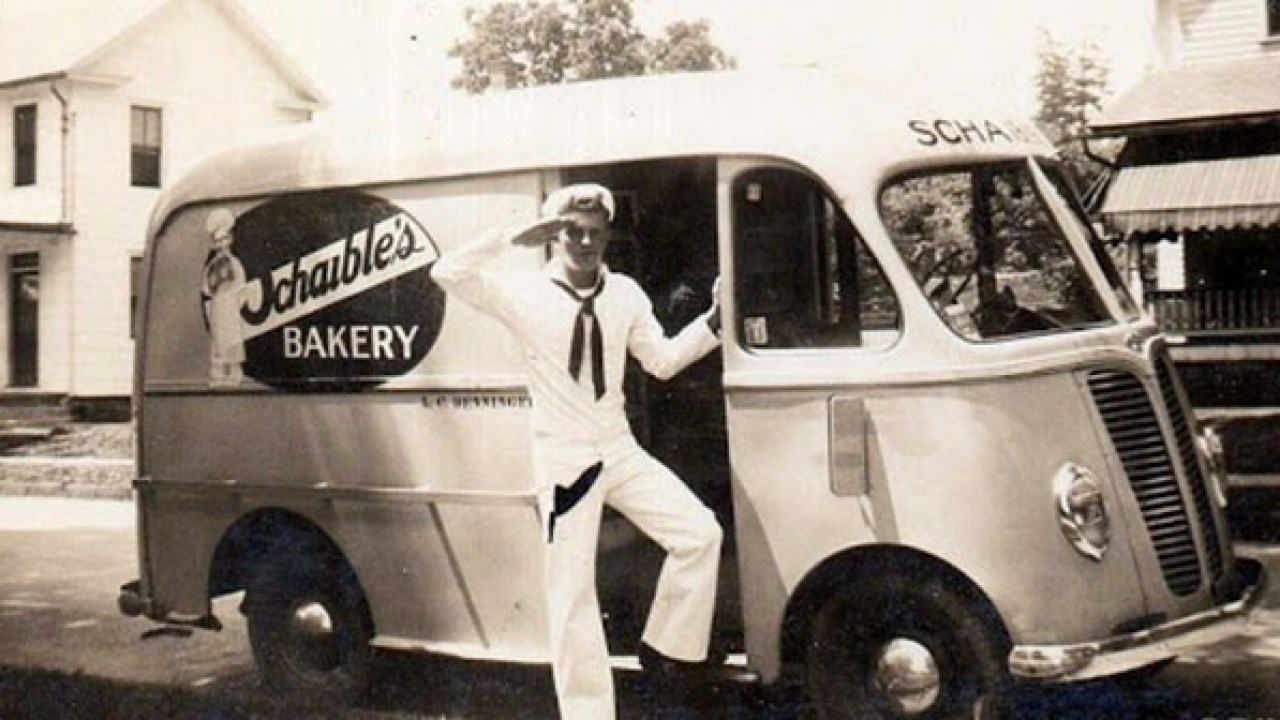

Did you know the origin of food trucks?
Food carts have been in use for thousands of years since Roman times. The fast-food food truck as we know it today was a gradual evolution of this format, as food truck models advanced and became literally mobile trailers.
Do you want to know more about the history of food trucks? Are you ready to see how the food truck revolution happened and why?
Then, keep on reading!
The early history of food trucks
The first food trucks date back to the handcart. These covered wagons sold perishable foodstuffs to cowboys and loggers in the American desert.
In a typical handcart, you could find beans, cured meat, coffee and biscuits. It would also carry water and wood for lighting fires. Many also functioned as mobile barber shops or small dental surgeries.
In the 1890s, these first food sellers started to serve to university students. Carts that sold sausages were set outside dormitories at Yale, Princeton and Harvard, among others.
It could be said that the first food truck we would recognise as such was the Wienermobile, created in 1936. Made to advertise Oscar Mayer's sausages, the Wienermobile toured the United States selling hot dogs. It expanded to schools, orphanages, parades and hospitals.
In the 1950s, ice cream food trucks toured neighbourhoods across the United States. Their playful tunes attracted local children (and adults) and their success was beginning to become noticeable.
The modern food truck
The Wienermobile was great, but it didn't go everywhere. The food truck ice cream trucks were awesome, but they only sold one kind of food. When did the first food trailer, that lunchtime favourite, start selling tacos? Let's jump to Los Angeles in the 1970s.
Since the 1960s, Mexican lunch boxes had been selling amazing food, but the first food truck selling tacos wouldn't come until 1974. One Raul Martinez bought an old ice cream van and opened King Taco. His friends told him he was crazy, but he set up shop in a bar in East Los Angeles and sold $70 worth of tacos the first night.
A few days later he was selling $150 a night. Six months later, he opened a shop, which has become an institution in Los Angeles. In 1987, there were three King Taco trucks doing business in the city. Crazy, right?
The food truck revolution
2008 was an incredibly important moment in the history of food trucks. This was when social media and a growing interest in street food started the fast food trailer revolution.
Roy Choi's Korean barbecue truck, Kogi BBQ, was creating quite a stir on the West Coast. Back east, New York's Rickshaw Dumpling Bar was serving delicious dumplings to food lovers. Social media like Facebook and the fledgling Twitter got customers to start doing the marketing work themselves.
The great recession of the late 2000s also gave a boost to food trailers. Top restaurant chefs were being laid off and few restaurants were hiring.
Food trailers were the obvious solution. They were cheap to buy and easy to operate, requiring no more skills for a chef than working in a restaurant. It was this movement that started to make food trucks into true gourmet experiences.
There have been good and bad developments in the industry since then. In 2010, Los Angeles began requiring food trucks to pass inspections like regular restaurants. In 2011, New York food trucks were forced to relocate away from parking meters after city authorities ruled that no vendor could park and sell food.
The combination of low cost, delicious food and a wide variety of options has made food trucks a global success. But what's next for the industry?
The future of food truck industry
In many metropolitan areas, fast food trailers are now as rooted as restaurants and bars. Across the country, thousands of people buy lunch from food truck.
The good news? This industry is expected to continue to grow.
Established restaurants are starting to get in on the action, as food trucks offer a low-cost, high-impact marketing solution for their local business.
Increasingly, we are starting to see food trailers in places other than the 'pavement'. Street food festivals are becoming very popular and the trend is growing.
???In contrast to the early history, we are also starting to see more and more people investing in healthy food truck shopping. They are taking advantage of the current trend to make a profit.
Technology is another feature that today's food trucks are taking advantage of. For example, it is not uncommon for truck food to offer free Wi-Fi. This not only attracts customers but also encourages sharing on social media.
?